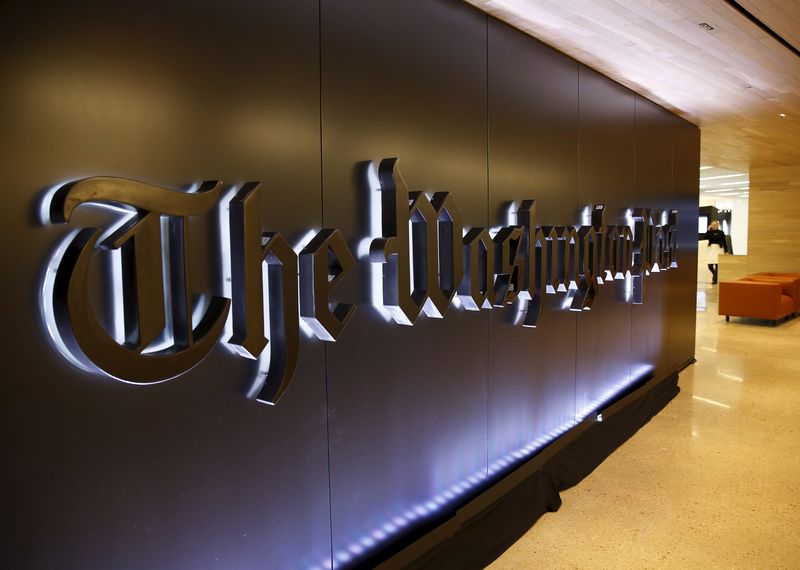The Washington Post and Los Angeles Times deciding not to endorse Kamala Harris—or any candidate—in 2024 has stirred up significant conversation. Both newspapers previously endorsed Clinton in 2016 and Biden in 2020, so this move signals a noticeable shift in their approach.
Many Democrat loyalists and Washington Post subscribers believe Bezos knows the Vice President is losing and chose not to endorse Harris to save face, leading to an increase in subscription cancelations.
The Washington Post’s decision is attributed to Jeff Bezos, with a desire to return to the paper’s pre-1970s stance of neutrality. Former editor Marty Baron and other critics see this as a retreat from taking a stand during a crucial election season.
For Harris, these missing endorsements could suggest a reluctance among these influential publications to fully back her, raising questions about her position in the race. Additionally, the Los Angeles Times’ choice sparked internal frustration, with staff and subscribers expressing concerns about the implications of staying silent. Critics argue that neutrality can be misinterpreted as complicity, making this decision a risky play in a politically tense environment.
This lack of vocal support from traditionally aligned outlets hints at broader concerns or changing media strategies, which could complicate the vice president’s journey in an already competitive race.

